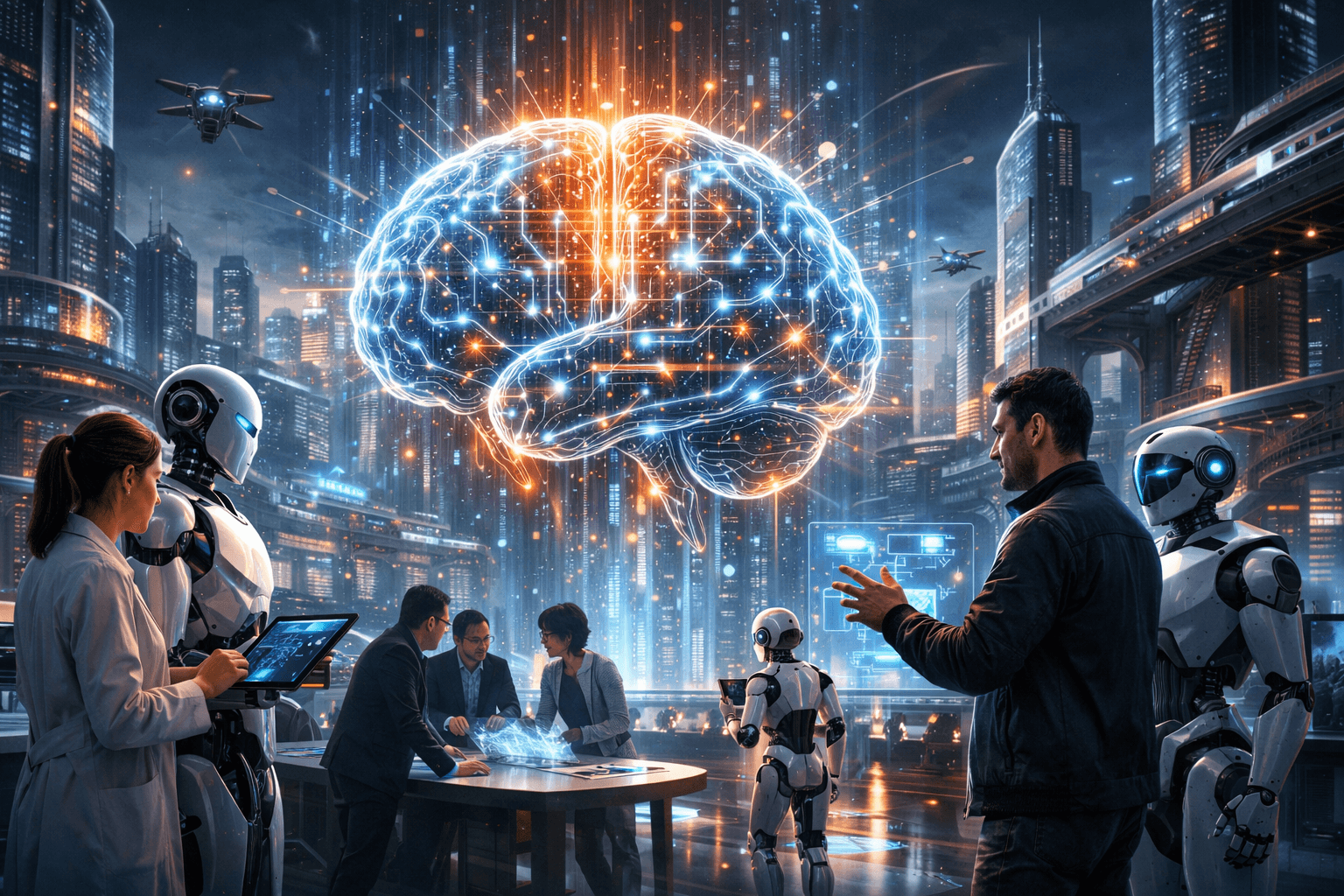Money is an essential component of our modern society. It plays a multifaceted role in shaping our lives. Beyond its tangible form as bills and coins, money holds the power to influence our choices, lifestyles, and even our overall well-being. One of the most significant aspects of money is its ability to provide a sense of security. Financial stability offers individuals a safety net, shielding them from unexpected crises and enabling them to meet their basic needs. From housing and healthcare to education and leisure, serves as a catalyst for a comfortable and fulfilling life. Moreover, money serves as a tool for personal empowerment. It opens doors to opportunities, allowing individuals to pursue their passions, invest in education, and chase their dreams. Whether it’s starting a business, traveling the world, or supporting charitable causes, the availability of financial resources empowers people to take control of their destinies.
Money is a fundamental concept in economics and finance, serving as a medium of exchange, a unit of account, and a store of value. It facilitates economic transactions, enables the allocation of resources, and plays a central role in shaping human behaviour and society. In this essay, we will explore the nature, functions, types, and significance of money in the modern world.
Nature of Money:
Money can be defined as any object or record that is widely accepted as payment for goods, services, debts, or taxes within a particular economy or socio-economic context. It serves as a medium of exchange, allowing individuals and businesses to trade goods and services without the need for barter or direct exchange of commodities. Money also serves as a unit of account, providing a standard measure of value for pricing goods and comparing economic transactions. Additionally, it functions as a store of value, enabling individuals to save and accumulate wealth over time.
Functions of Money:
Money performs several essential functions within an economy:
1. Medium of Exchange:
Money facilitates the exchange of goods and services by serving as a universally accepted medium of transaction. It eliminates the inefficiencies and limitations of barter systems, where individuals would have to trade goods directly.
2. Unit of Account:
Money provides a common measure of value, allowing individuals to express prices, wages, and other economic transactions in a standardized unit. This facilitates economic calculation, planning, and decision-making.
3. Store of Value:
Money serves as a repository of purchasing power, allowing individuals to save wealth for future consumption or investment. By holding money in the form of cash or financial assets, individuals can preserve value over time.
4. Standard of Deferred Payment:
Money enables transactions to be settled over time through credit arrangements, loans, or financial contracts. It provides a basis for honouring contractual obligations and settling debts in the future.
Types of Money:
Money can take various forms, each with its characteristics, properties, and functions:
1. Commodity Money:
Commodity money consists of physical objects with intrinsic value, such as gold, silver, or other precious metals. Historically, commodity money served as a medium of exchange and store of value due to its scarcity, durability, and widespread acceptance.
2. Fiat Money:
Fiat money is currency issued by a government or central bank that has no intrinsic value and is not backed by a commodity. Its value is derived from government decree or legal tender laws, which mandate its acceptance for payment of debts and taxes. Most modern currencies, such as the US dollar, euro, and yen, are fiat money.
3. Digital or Electronic Money:
Digital money refers to electronic forms of currency stored and transacted electronically, such as bank deposits, electronic funds transfers, debit cards, and mobile payment systems. It facilitates convenient and efficient transactions, often without the need for physical cash.
4. Cryptocurrencies:
Cryptocurrencies are digital or virtual currencies that use cryptographic techniques to secure transactions and control the creation of new units. Examples include Bitcoin, Ethereum, and Litecoin. Cryptocurrencies operate on decentralized networks and offer features such as anonymity, security, and peer-to-peer transactions.
Significance of Money:

Money plays a crucial role in the functioning of modern economies and societies:
1. Facilitates Economic Transactions:
Money enables individuals, businesses, and governments to engage in economic transactions, exchange goods and services, and allocate resources efficiently. It lubricates the wheels of commerce, fostering specialization, division of labor, and economic growth.
2. Promotes Economic Efficiency:
By serving as a medium of exchange and unit of account, money facilitates price discovery, market coordination, and resource allocation in competitive markets. It allows resources to flow to their most productive uses based on consumer preferences and market signals.
3. Fosters Trade and Globalization:
Money facilitates international trade and commerce by providing a common medium of exchange for conducting transactions across borders. It enables countries to specialize in producing goods and services in which they have a comparative advantage, leading to gains from trade and globalization.
4. Enables Saving and Investment:
Money serves as a store of value, allowing individuals to save wealth and accumulate capital for future consumption or investment. Financial intermediaries such as banks, mutual funds, and capital markets facilitate the allocation of savings to productive investments, fostering economic development and wealth creation.
5. Facilitates Monetary Policy:
Central banks use monetary policy tools, such as interest rates, open market operations, and reserve requirements, to control the supply of money and credit in the economy. Monetary policy aims to achieve price stability, full employment, and sustainable economic growth by influencing borrowing, spending, and investment decisions.
6. Shapes Social and Cultural Norms:
Money influences human behaviour, values, and social relationships in various ways. It can be a source of power, status, and inequality, shaping social hierarchies and distributional outcomes. Money also plays a role in cultural practices, rituals, and customs, reflecting societal attitudes towards wealth, generosity, and materialism.
Challenges and Controversies:
Despite its benefits, money also poses challenges and controversies:
1. Inflation and Purchasing Power:
Inflation erodes the purchasing power of money over time, reducing the real value of savings and income. Central banks seek to maintain price stability through monetary policy, but inflationary pressures can erode the value of fiat currencies.
2. Financial Instability:
Money and credit creation can lead to financial imbalances, asset bubbles, and systemic risks in the financial system. Financial crises, such as the global financial crisis of 2008, highlight the interconnectedness and fragility of modern financial markets.
3. Income Inequality:
Money can exacerbate income and wealth inequality within societies, leading to social tensions and disparities in opportunities and outcomes. Economic policies, taxation, and social welfare programs play a role in addressing income inequality and promoting inclusive growth.
4. Financial Crime and Illicit Activities:
Money laundering, tax evasion, and illicit financial flows pose challenges to law enforcement, regulatory authorities, and international cooperation. Cryptocurrencies and digital currencies have raised concerns about anonymity, privacy, and illicit transactions in the digital economy.
Advantages of money
- Facilitates Exchange: It serves as a universally accepted medium of exchange, making transactions more efficient. It eliminates the need for barter systems and simplifies the process of buying and selling goods and services.
- Promotes Economic Growth: A stable and functioning monetary system is crucial for economic development. It allows for investment, capital formation, and entrepreneurship, fostering innovation and for overall economic growth.
- Provides Financial Security: It provides individuals with a means to save and accumulate wealth. This accumulation offers financial security, enabling people to cope with unforeseen circumstances, emergencies, and retirement.
- Encourages Specialization: Its existence encourages specialization and division of labor. Individuals can focus on developing specific skills or expertise, knowing that they can use their earnings to obtain a wide range of goods and services.
- Facilitates Global Trade: It is essential for international trade, as it provides a standardized medium for transactions. It enables countries to engage in cross-border commerce, fostering economic cooperation and global interconnectedness.
Disadvantages of money
- Inequality and Social Divide: The distribution of wealth can lead to social inequality. Disparities in income and financial resources can create significant divides within societies, impacting access to education, healthcare, and opportunities.
- Risk of Inflation and Deflation: Its subject to fluctuations, leads to the risk of inflation (a decrease in purchasing power) or deflation (a decrease in overall price). Both scenarios have adverse effect toward the economy and individual’s financial well-being.
- Financial Stress and Materialism: Its pursuit can contribute to high levels of stress and anxiety. Constant pressure to accumulate wealth may lead to a materialistic mindset, where the pursuit of possessions overshadows personal well-being and relationships.
- Corruption and Crime: Its presence can fuel corruption and illicit activities. From bribery to financial crimes, the pursuit of monetary gains can sometimes lead to unethical and illegal practices, undermining the integrity of institutions and societies.
- Environmental Impact: The relentless pursuit of economic growth and wealth can have adverse environmental consequences. Industries driven by profit motives may engage in unsustainable practices, leading to deforestation, pollution, and other environmental degradation.
Conversely, the pursuit of money brings about challenges. The relentless pursuit of wealth, often fueled by societal expectations, can lead to stress, burnout, and a neglect of personal well-being. Striking a balance between financial success and personal happiness is crucial for a holistic and meaningful life. In the broader context, money acts as a driver of economic growth and societal progress. It facilitates trade, innovation, and the development of infrastructure. A healthy economy relies on the circulation of money. It creates employment opportunity and fosters prosperity at both individual and societal level.
Conclusion:
Money is a fundamental concept in economics and finance, serving as a medium of exchange, unit of account, and store of value in modern societies. It enables economic transactions, facilitates trade and globalization, promotes saving and investment, and shapes social norms and behaviours. While money offers numerous benefits, it also poses challenges and controversies related to inflation, financial stability, inequality, and financial crime.
Understanding the nature, functions, types, and significance of money is essential for policymakers, economists, businesses, and individuals navigating the complexities of the modern economy. By fostering financial literacy, promoting sound monetary policies, and addressing societal concerns, we can harness the power of money to foster economic prosperity, social well-being, and sustainable development. In conclusion, money is a potent force that permeates every aspect of our lives. Its impact is undeniable, from providing security and empowerment on a personal level to driving economic growth and societal progress. It is essential to recognize the fine line between the pursuit of wealth and the pursuit of happiness. The true prosperity lies in achieving a harmonious balance between the two.









Comments
8 responses to “What is Money?”